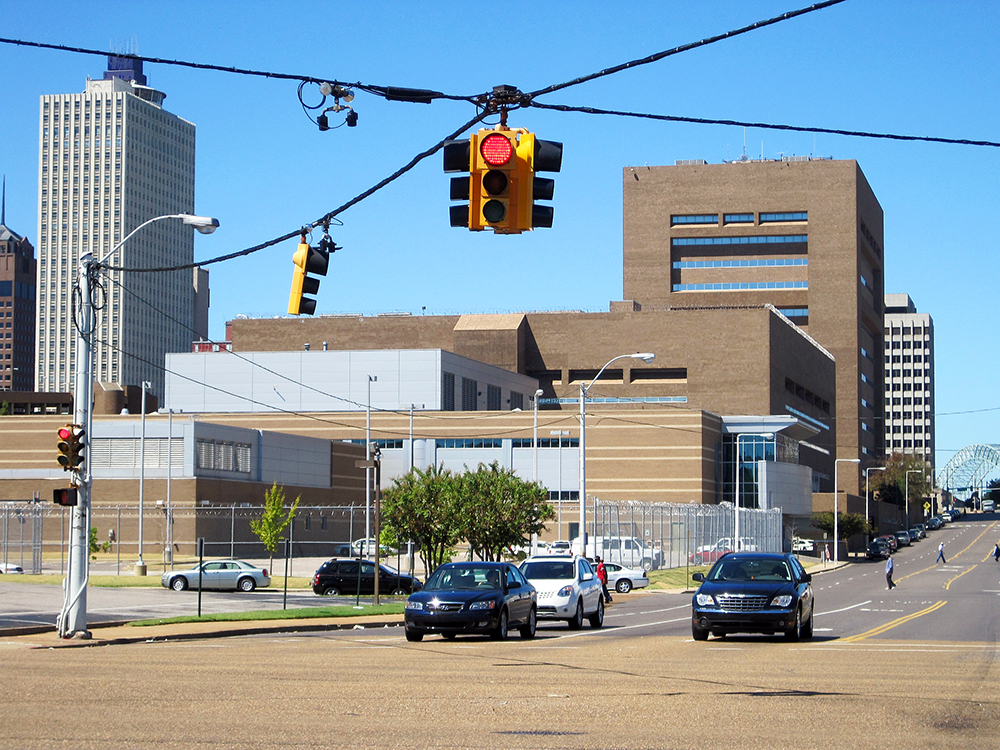Our city and county face a difficult yet pivotal decision: how to allocate our limited resources in a manner that not only meets urgent needs but also sets the stage for long-term prosperity and safety. With mounting pressure to build both a new jail and a new hospital, it is imperative that we evaluate every option to maximize public benefit without burdening taxpayers or risking unnecessary expenditures.
At the heart of the hospital debate is the existence of a private, not-for-profit facility — Methodist University Hospital — which currently operates under capacity. Meanwhile, plans for the new community trauma center, Regional One Health Medical Center, call for development on the site of the former Commercial Appeal building. This site is also a potential toxic waste dump that would require extensive and expensive environmental remediation. With these realities in mind, one must ask: Is constructing an entirely new hospital the wisest use of public funds, or is there a more strategic, fiscally responsible alternative available?

A promising and forward-thinking solution is to merge the proposed Regional One Medical Center with Methodist University Hospital to create a single, robust University Medical Center. This unified entity would leverage the significant strengths of each institution. The UT Health Science Center — our largest state medical school — already plays a vital role in the operation of both hospitals. By consolidating these institutions, we can enhance medical training, streamline services, and ultimately ensure that residents receive the highest standard of care. A unified system would facilitate better coordination of specialized services, reduce redundant administrative overhead, and eliminate unnecessary duplication of costly infrastructure.
Adding to the strength of this proposal is the fact that I have received an overwhelming number of supportive comments from multiple medical administrators and physicians. These experts, with firsthand knowledge of the challenges and opportunities in our healthcare system, have commended the wisdom of merging our resources. Their endorsements underline a shared vision for a more efficient, responsive, and innovative healthcare delivery model that can better serve our community’s needs.
Moreover, this strategic merger would free up funds by avoiding the exorbitant costs associated with building a new hospital on a contaminated site. The savings could then be redirected to another critical area: modernizing our county jail at 201 Poplar Avenue. The current jail facility is not only outdated but also fails to meet the operational requirements of both law enforcement agencies and the broader justice system. A modern, secure, and efficient jail would not only bolster public safety but also facilitate improved rehabilitation and support programs, benefiting both inmates and the community as a whole.
Relocating the jail would also bring significant economic and developmental advantages to Downtown Memphis. The existing facility, along with its aging adjacent structures, has long stifled the potential of our central business district. By moving the jail to a more suitable location, we would unlock new avenues for economic growth and revitalization. This move could attract fresh investments, stimulate local businesses, and create a more vibrant and welcoming urban environment for residents and visitors alike.
Before any irreversible decisions or costly demolitions — such as tearing down the old newspaper office — are made, it is crucial that a thorough investigation is conducted. To that end, I urge the County Commission, the hospitals involved, and the university administration to form a dedicated committee. This committee would be tasked with a comprehensive review of the merger proposal, weighing the benefits against potential risks, and ensuring that every aspect is carefully considered. Such a measured approach would prevent hasty expenditures and safeguard our community’s financial health while ensuring that we are investing in solutions that offer the greatest long-term returns.
In addition, this proposed committee would serve as a platform for ongoing dialogue between policymakers, medical experts, and community stakeholders. By fostering collaboration and transparent discussion, we can refine our strategy to ensure that the unified medical center not only meets current healthcare demands but is also well-positioned to adapt to future challenges. It is essential that every step of this process be guided by evidence-based insights and a clear understanding of the fiscal and societal impacts involved.
Ultimately, the merger of Methodist University Hospital with the proposed Regional One Medical Center is not merely a consolidation of facilities; it is an investment in a visionary approach to healthcare and public safety. It represents a commitment to fiscal prudence, operational efficiency, and the well-being of our community. By thoughtfully balancing the immediate need for improved medical and correctional facilities with long-term strategic planning, we can create a model of integrated public service that benefits everyone.
Now is the time to think strategically, collaborate extensively, and invest wisely in a future that strengthens our healthcare system, revitalizes our Downtown, and secures a safer environment for all citizens — without imposing new tax burdens. Let us move forward with a plan that reflects both our immediate needs and our commitment to sustainable growth.
Jeffery Warren is a member of the Memphis City Council, representing Super District 9 Position 3.


